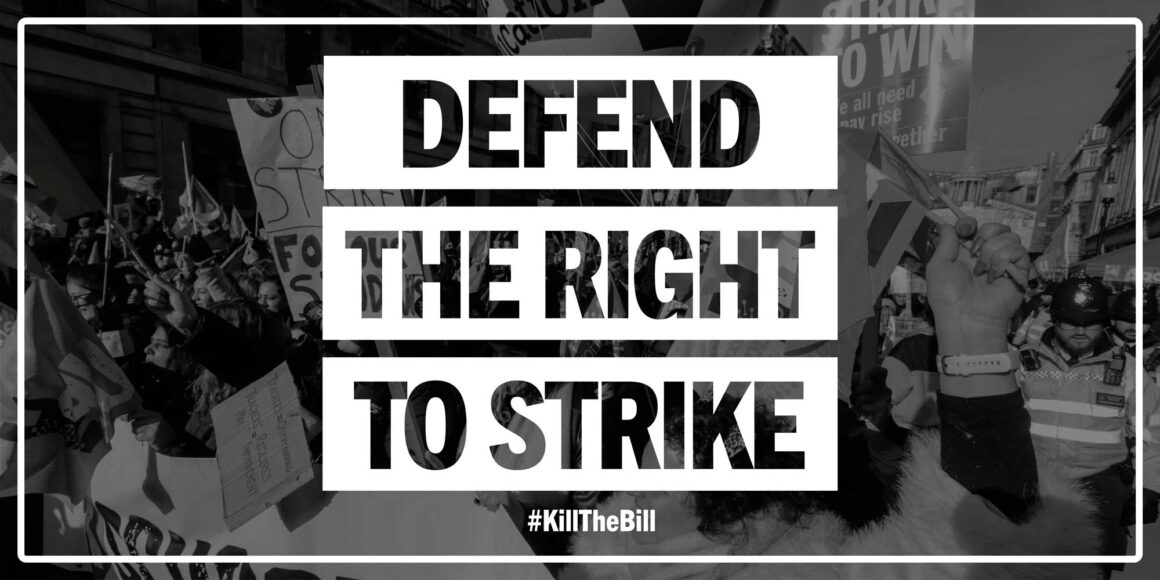

By Jeremy Dewar
PRIME MINISTER Rishi Sunak and business secretary Grant Shapps are rushing the Strikes (minimum service levels) Bill through parliament in order to deny workers the right to strike in six named sectors: health, transport, education, fire and rescue, nuclear power decommissioning and border security.
Once signed off by King Charles it will immediately apply, even to strikes that started before the new legislation was passed.
What is the minimum service that must be provided on strike days? Well, that depends entirely on what Grant Shapps or the current minister decides. He or she may consult as many—or as few—people as they decide. There are no set criteria—the words ‘health’ and ‘safety’ do not appear in the seven-page Bill.
The employer can name the workers prescribed to meet this service level. The striking union is instructed to take ‘reasonable steps’ to ensure the worker complies with this ‘work notice’. Given the number of suspended shop stewards and reps being victimised on the buses, in the post and elsewhere, we can expect local strike leaders to be named.
If for whatever reason the service level is not maintained, the strike will be considered immediately unlawful, even if postal ballots and strike notices were all squeaky clean. The union will lose immunity from prosecution for losses by employers or customers; employees issued ‘work notices’ may be fired and lose their right for this to be considered unfair; even other strikers not called into work that day can be dismissed.
Implications
The Bill represents a huge increase in the powers of the state to undermine the effectiveness of the current strike wave. Strikers could be picked off by vindictive employers and sacked, even if the strike is legal.
To date the TUC—even its ‘left’ wing in the shape of Mick Lynch, Dave Ward and the hitherto silent Sharon Graham—have resigned themselves to the Bill passing, only threatening legal action and ‘a mass campaign’ after the Act.
This is a recipe for defeat: fighting talk and nothing more. We need a mass campaign and mass action— political strike action—now before the blow is struck. This was the key to the release of the Pentonville dockers 50 years ago, and the killing of the In Place of Strife Bill before that. It is the key today.
Kill the Bill.